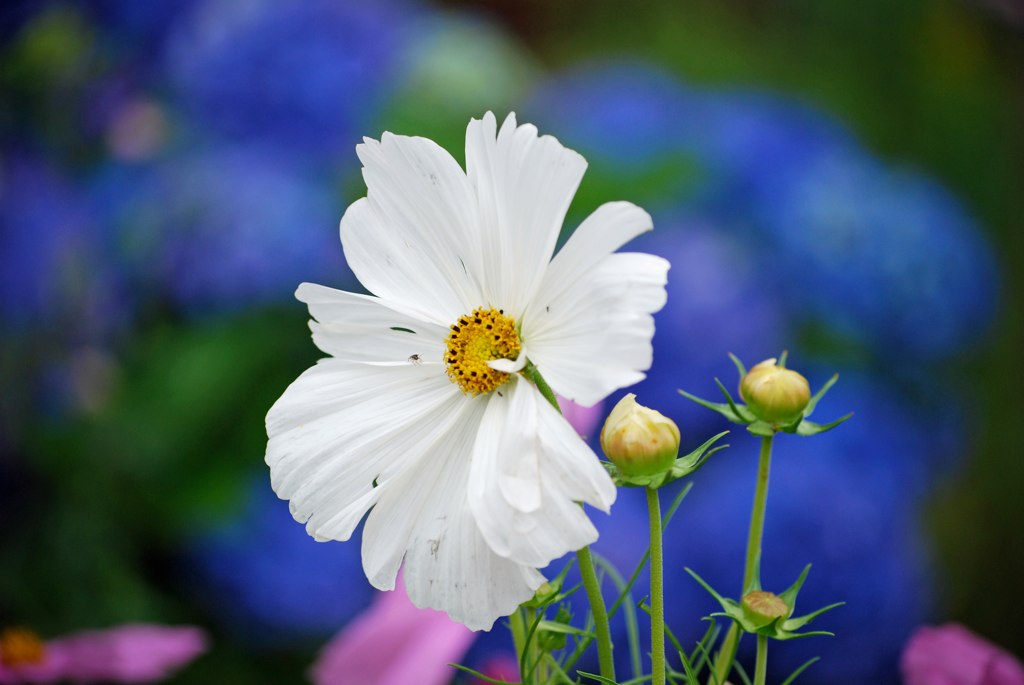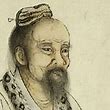
The Oneness Concept
The philosophers in eastern China believed we live in a co-existing world which means not only are we connected with all human beings, but also we are bonded to the infinite universe. I would not agree with William James (who just presented) about one is fully free to determine one’s own destiny, as nothing comes for no reason, every consequence is the result of joint actions. All is One, one is all. This oneness idea must had resonated into William Blake’s ears, as he wrote “To see a world in a grain of sand, and a heaven in a wildflower, hold infinity in the palm of your hand, and eternity in an hour.” Thus one is not limited by one’s physical body; the mind shall appreciate whatever life offers; even death is like day turning into night, When I was dying, I asked my students not cry for me, as I see death as a journey of returning to One.
 Five hundred years after my time, a man named Sun Simiao applied Oneness concept into human health. He was remembered as the King of Medicine. A responsible doctor shall not only focus on the surface sufferings but view the human body as an ongoing changing system. The doctor shall ask about the physical symptoms as well as the patient’s emotions, troubles, life events. They shall try to find what has gone wrong within the patient’s systems. The heart is considered as the king of all and the liver is the general. When the general is too powerful, the person will have bad temper. In contrast, if the general is too weak, the country of the human body will lose protection, thus cause the weak blood pressure and digestive problems. The spleen is the producing factory and it guarantees the body has strength. The lungs control the air just like the earth needs the wind. The kidney runs the energy and when it’s weak, the body stops providing useful resources. Adjusting the human body is just like operating a country. It may take a longer time compared with a single medication treatment, but the benefits are far reaching.
Five hundred years after my time, a man named Sun Simiao applied Oneness concept into human health. He was remembered as the King of Medicine. A responsible doctor shall not only focus on the surface sufferings but view the human body as an ongoing changing system. The doctor shall ask about the physical symptoms as well as the patient’s emotions, troubles, life events. They shall try to find what has gone wrong within the patient’s systems. The heart is considered as the king of all and the liver is the general. When the general is too powerful, the person will have bad temper. In contrast, if the general is too weak, the country of the human body will lose protection, thus cause the weak blood pressure and digestive problems. The spleen is the producing factory and it guarantees the body has strength. The lungs control the air just like the earth needs the wind. The kidney runs the energy and when it’s weak, the body stops providing useful resources. Adjusting the human body is just like operating a country. It may take a longer time compared with a single medication treatment, but the benefits are far reaching.







